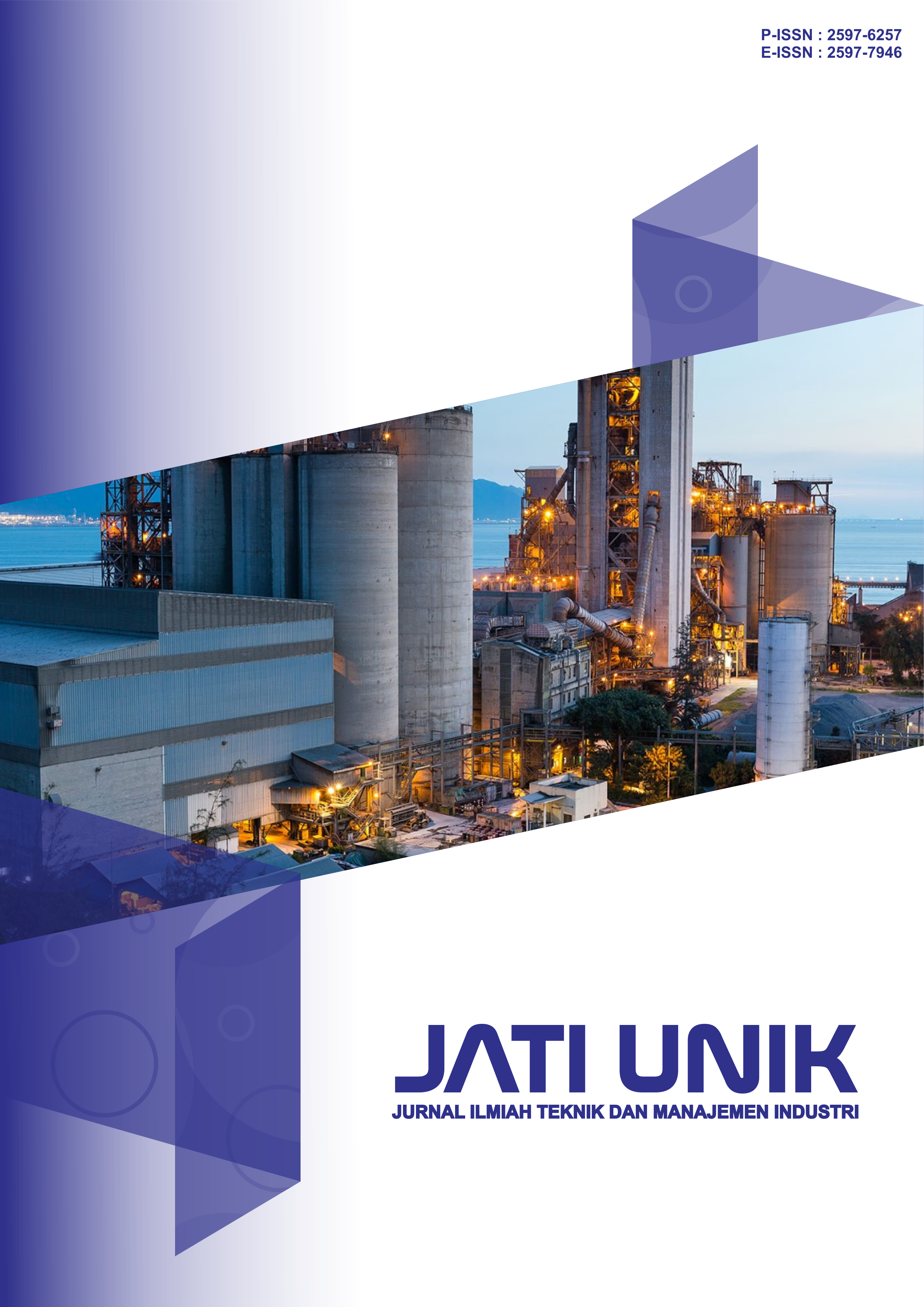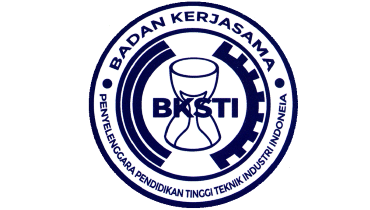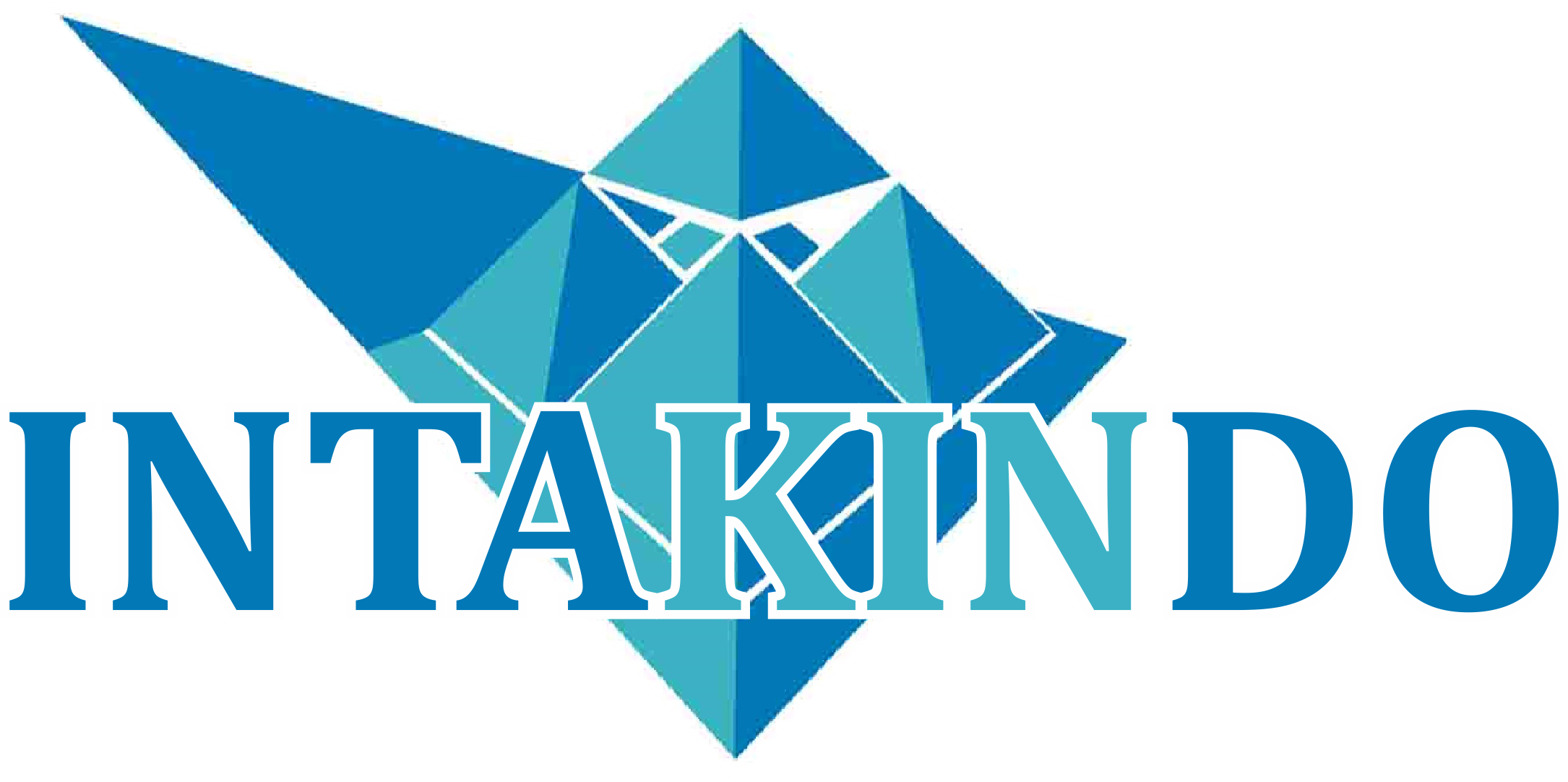Analisis Faktor Produktivitas Kerja Menggunakan Smart PLS pada Industri Konstruksi Baja
DOI:
https://doi.org/10.30737/jatiunik.v7i1.5141Keywords:
Smart PLS, Steel Construcsion Industry, Work ProductivityAbstract
Changes in work patterns after the COVID-19 pandemic have an impact on CV's daily productivity. Superior Jaya. Companies engaged in steel construction have decreased work productivity which has resulted in a decrease in company performance. This study aims to determine the relationship between work motivation, occupational health and job satisfaction on work productivity and to determine the relationship between work productivity and employee welfare. This research was conducted with a quantitative descriptive approach using Smart Pls software for SEM modeling. The results of this study found that there is a significant influence between occupational health on work productivity and there is a significant influence between work motivation on work productivity. Then there is no effect of job satisfaction on work productivity and work productivity does not have a significant effect on employee welfare. Efforts to increase work productivity can be done by improving the ergonomics of the workspace, striving for a balance between salary and workload, and increasing employee job satisfaction by providing bonuses. This research can provide efforts to improve the work environment to be more productive and also scientific confirmation of the relationship between occupational health, work motivation, and work productivity in the context of the steel construction industry.
References
H. Usman and P. S. Akbar, Metode Penelitian Sosial. Jakarta: PT Bumi Aksara, 2017.
Muhyiddin, “Covid-19, New Normal, dan Perencanaan Pembangunan di Indonesia,” J. Perenc. Pembang. Indones. J. Dev. Plan., vol. 4, no. 2, pp. 240–252, 2020, doi: 10.36574/jpp.v4i2.118. DOI: https://doi.org/10.36574/jpp.v4i2.118
A. S. Rusydiana, “Indeks Malmquist untuk Pengukuran Efisiensi dan Produktivitas Bank Syariah di Indonesia,” J. Ekon. Pembang., vol. 26, no. 1, pp. 47–58, 2018. DOI: https://doi.org/10.14203/JEP.26.1.2018.47-58
A. P. Mangkunegara, Manajemen Sumber Daya Manusia Perusahaan. Bandung: Remaja Rosda Karya, 2013.
I. W. M. Yasa, “Pengaruh Konflik Peran dan Ambiguitas Peran Terhadap Kinerja Pegawai Melalui Mediasi Stress Kerja Pada Dinas Kesehatan Kota Denpasar Bali,” JAGADHITAJurnal Ekon. Bisnis, vol. 4, no. 1, 2017.
F. Reni and A. Mia, “Pengaruh Penempatan Dan Kompensasi Terhadap Kinerja Karyawan Pada Pt Primavera International Jakarta,” J. Manaj. MH Thamrin, vol. 1, no. 1, pp. 54–68, 2020. DOI: https://doi.org/10.37012/ileka.v1i1.291
R. T. Handayani, D. Arradini, A. T. Darmayanti, A. Widiyanto, and J. T. Atmojo, “Pandemi covid-19, respon imun tubuh, dan herd immunity,” J. Ilm. Permas J. Ilm. STIKES Kendal, vol. 10, no. 3, pp. 373–380, 2020.
Zulfa, Wahono, and Rahman, “Pengaruh Work Life Balance, Lingkungan Kerja Fisik Dan Lingkungan Kerja Non Fisik Terhadap Kepuasan Kerja Karyawan Pada PT. Ciomas Adisatwa,” J. Ilm. Ris. Manaj., vol. 10, no. 3, 2021. DOI: https://doi.org/10.47354/mjo.v3i2.300
P. E. P. Dewi and I. G. A. M. Dewi, “Pengaruh Self-Efdicacy dan Motivasi Kerja Pada Kepuasan Kerja Karyawan Happy Bali Tour and Travel Denpasar,” J. manajemen, Strateg. Bisnis dan Kewirausahaan, vol. 9, no. 1, pp. 15–25, 2015.
D. Sunyoto, Validitas dan Reliabilitas, Cetakan Pe. Yogyakarta: Nuha Medika, 2012.
H. N. Ulya, “Alternatif Strategi Penanganan Dampak Ekonomi Covid-19 Pemerintah Daerah Jawa Timur Pada Kawasan Agropolitan,” El-Barka J. Islam. Econ. Bus., vol. 3, no. 1, pp. 80–109, 2020, doi: 10.21154/elbarka.v3i1.2018. DOI: https://doi.org/10.21154/elbarka.v3i1.2018
E. Pio and G. Sendow, “Pengaruh Gaya Kepemimpinan Visioner, Kompensasi Tidak Langsung Dan Penempatan Kerja Terhadap Kinerja Pegawai Di Sekretariat Daerah Kabupaten Minahasa Tenggara,” J. Ris. Ekon. Manajemen, Bisnis dan Akunt., vol. 3, no. 3, pp. 1140–1150, 2015.
Z. D. Ulfa and U. Z. Mikdar, “Dampak Pandemi Covid-19 terhadap Perilaku Belajar, Sosial dan Kesehatan bagi Mahasiswa FKIP Universitas Palangka Raya,” JOSSAE J. Sport Sci. Educ., vol. 5, no. 2, pp. 124–138, 2020, doi: 10.26740/jossae.v5n2.p124-138. DOI: https://doi.org/10.26740/jossae.v5n2.p124-138
M. Rizal, R. Afrianti, and I. Abdurahman, “Dampak Kebijakan Pemberlakuan Pembatasan Kegiatan Masyarakat ( PPKM ) bagi Pelaku Bisnis Coffe shop pada Masa Pandemi Terdampak COVID-19 di Kabupaten Purwakarta The Impact of the Policy for Implementing Community Activity Restrictions for Coffee Shop Busi,” J. Inspirasi, vol. 12, no. 1, pp. 97–105, 2021.
Endo Wijaya Kartika and Thomas S. Kaihatu, “Analisis Pengaruh Motivasi Kerja Terhadap Kepuasan Kerja (Studi Kasus pada Karyawan Restoran di Pakuwon Food Festival Surabaya),” J. Manaj. dan Kewirausahaan, vol. 12, no. 1, p. pp.100-112, 2010.
D. Mahesa, “Analisis pengaruh Motivasi dan Kepuasan kerja Terhadap Kinerja Karyawan dengan lama Kerja Sebagai variabel Moderating (Studi pada PT. Coca Cola Amatil Indonesia (Central Java),” J@Ti Undip J. Tek. Ind., vol. 1, no. 2, 2015.
R. Djannah and Triyonowati, “Pengaruh Kinerja Keuangan Terhadap Pertumbuhan Laba Pada Perusahaan Food and Beverages,” J. Ilmu dan Ris. Manaj., vol. 6, no. 7, pp. 1–16, 2017.
A. Armansyah, “Pengaruh Kepemimpinan Transformasional, Transaksional Dan Motivasi Kerja Terhadap Kinerja Karyawan Dengan Komitmen Organisasi Sebagai Variabel Intervening Di Universitas ‘Aisyiyah Yogyakarta.,” Hirarki J. Ilm. Manaj. dan Bisnis, vol. 2, no. 1, pp. 90–94, 2020. DOI: https://doi.org/10.30606/hirarki.v2i1.334
W. Juwita, R. T. Yusnita, and S. P. Lestari, “Pengaruh Promosi dan Kualitas Pelayanan terhadap Keputusan Pembelian Produk Garam di Tasikmalaya: Sensus pada Pelanggan Garam Pd. Delima di Tasikmalaya 46415.,” ULIL ALBAB J. Ilm. Multidisiplin, vol. 1, no. 9, pp. 2912-2917., 2022.
Sugiono, Metode Penelitian Kuantitatif, Kualitatif, dan R&D, 26th ed. Bandung: Alfabeta, 2017.
Hendri and R. Setiawan, “Pengaruh Motivasi Kerja Dan Kompensasi Terhadap Kinerja Karyawan Di Pt. Samudra Bahari Utama,” Agora, vol. 5, no. 1, p. 3, 2017.
R. Erviando, I. Safi’i, and H. Budi, “Analisis Resiko Kesehatan Dan Keselamatan Kerja Pada PG. Pesantren Baru Menggunakan Metode Hazop,” J. Ilm. Mhs. Tek. Ind. Univ. Kadiri, vol. 2, no. 1, pp. 11–21, 2020. DOI: https://doi.org/10.30737/jurmatis.v2i1.858
Sugiyono, “Metode Penelitian Kuantitatif, Kualitatif dan R&D,” Tek. Ind., vol. 1, 2011.
I. A. Sirajuddin, “Implementasi Kebijakan Pemerintah Daerah Dalam Pelayanan Publik Dasar Bidang Sosial Di Kota Makassar,” J. Ilm. Ilmu Adm. Publik, vol. 4, no. 1, pp. 1–14, 2016, doi: 10.26858/JIAP.V4I1.1817. DOI: https://doi.org/10.26858/jiap.v4i1.1817
N. M. Krisnawati, A. A. D. Widyani, and N. P. A. S. Saraswati, “Peran Motivasi Kerja Sebagai Variabel Intervening Pengaruh Kepemimpinan Transformasional Terhadap Kinerja Karyawan Pada Pt Nusantara Surya Sakti Bangli,” in Seminar Nasional INOBALI 2019 Inovasi Baru dalam Penelitian Sains, Teknologi dan Humaniora 532, 2019, pp. 532–540.
Downloads
Published
Issue
Section
License

This work is licensed under a Creative Commons Attribution-NonCommercial-NoDerivatives 4.0 International License.
Information regarding Copyright and Licensing at JATI UNIK as follows:
- Licensed Use of Non - Commercial Articles will be governed by the Creative Commons Attribution license, which is featured on the Creative Commons Attribution Non-Commercial Share A Like 4.0 International License.
- The author guarantees that the articles published through JATI UNIK are original and do not contain statements that violate the law do not violate others' rights are subject to copyright, which is held exclusively by the author and free from the rights of third parties. The author is allowed to quote from various sources used for research and not to harm any party.
- JATI UNIK disseminates articles published with the rules set by Creative Commons. UNIK JATI license allows users to copy, distribute, display, and work for non-commercial purposes. Users also need to connect authors and JATI UNIK with the distribution of articles in journals.
- The Author rights, namely copyrights, ownership rights, patents, rights to use the substance of articles in the future, rights to reproduce articles for personal purposes and not to be traded, rights to conduct personal archives, rights to contract used for the non-exclusive distribution of articles published in the form a book and acknowledge the initial publication of the article originating from JATI UNIK.
- Suppose articles published by the author through JATI UNIK are compiled with other authors. In that case, it is necessary to create a form containing the authority of all authors involved in the article's production by including the agreement agreed upon by all authors in the article.
- The next point is, the agreement can be terminated if the author or JATI UNIK violates the agreement and cannot make repairs to the customer within a maximum of 2 months after being given information asking for the violation to be corrected. If there is no violation of the agreement, the license will automatically terminate and affect UNIQUE JATI UNIK.
- Regarding royalties, so far, if it is following applicable legal regulations, the author will waive his right to collect royalties on articles that have been licensed by JATI UNIK.
- In publishing the article, the editorial process is successful. JATI UNIK will continue it. JATI UNIK has the right to adjust articles related to punctuation, spelling, capital letters, references used, and usage adapted to JATI UNIK. The author acknowledges that the article can be published and accessed free of charge by the public.
Deprecated: json_decode(): Passing null to parameter #1 ($json) of type string is deprecated in /home/ojs.unik-kediri.ac.id/public_html/plugins/generic/citations/CitationsPlugin.php on line 68















